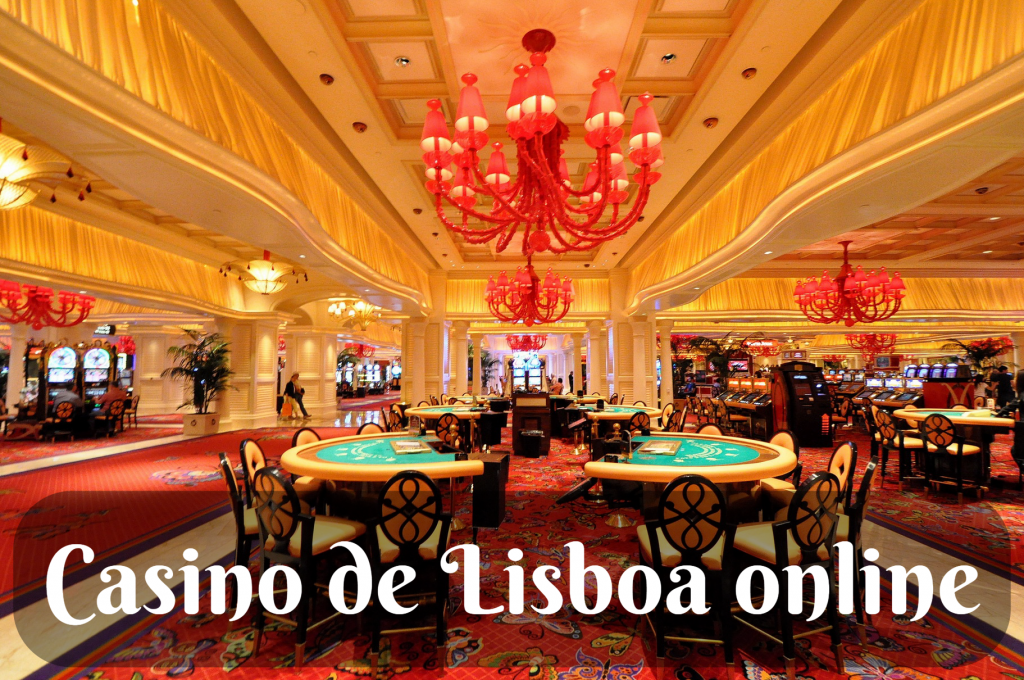The Societal Influence of Gambling Activities Across the Globe

Casino games have long been a fascinating form of entertainment, drawing millions of players from varied cultures around the globe. From the opulent casinos of Las Vegas to the thriving gambling halls of the Chinese gambling capital, these games serve as a link that connects people across different backgrounds. The allure of chance, strategy, and gambling entices not only those hoping to gamble for profit but also those in search of a shared experience.
The significance of casino games extends far beyond the gaming floor. They often represent the social norms and principles of the societies in which they flourish. Games such as poker, blackjack, and the spinning wheel have integrated into the mosaic of mainstream culture, influencing everything from cinema to style. As we explore this captivating intersection of chance and life, we can gain insights into how gambling games shape and are affected by the environment surrounding us.
Historical Progression of Gaming Games
The origins of casino activities can be followed back to ancient cultures, where gambling in different forms was widely practiced. In Ancient China, around 2300 BC, a form of gambling known as Keno was common, while in old the Roman Empire, soldiers would often bet on the results of their contests. The notion of using chance for entertainment and gain developed over the years, leading to the formation of more organized games. By the late Middle Ages, gambling houses started to appear in European nations, particularly in Italy, which introduced early versions of well-liked activities still enjoyed today.
As gambling expanded popularity in the continent, the 17th and 18th centuries saw the appearance of casinos as specialized establishments for gaming. The first official gambling house, the Ridotto, was founded in the city of Venice in 1638, offering activities like the game of Baccarat and the game Faro. This time marked a major pivoting point, as gaming venues started to draw not just the high society but also the growing middle-tier society. The sophistication of games grew, leading to the development of new rules and modifications that enhanced the play experience.
In the 19th century, the industrial age and shifts in societal conventions further altered the terrain of gaming games. The arrival of roulette and contemporary one-armed bandits pulled in a larger crowd, and gaming houses became seen as acceptable fun. This period witnessed the globalization of gaming, as casinos extended from the continent to the Americas, culminating in the creation of the famous Strip of Las Vegas in the 1900s. The development of casino games has persisted into the modern era, including new technologies and digital sites, allowing them accessible to a global audience.
# Cultural Importance within Various Communities
Casino activities have profound cultural and social importance within numerous cultures throughout the world. In Las Vegas, the very essence of the city is woven around gambling establishments, where gaming is not just a hobby but a fundamental aspect of leisure and social interaction. The dazzling lights and lively atmosphere attract millions, showcasing how games of chance can influence local financial landscapes and cultural uniqueness. This environment transforms the notion of leisure into an engaging experience that influences fashion, melodies, and even film.
In contrast, some cultures approach wagering with more caution, viewing it through the lens of ethical considerations and heritage. For instance, in numerous Oriental societies, games like Mahjongg and Pai Gow Gambling are full of history and carry significant social implications. These games are often played during gatherings and occasions, fostering social ties and strengthening familial ties. The act of participating in these games goes above mere entertainment, reflecting ethics such as deference to seniors and the significance of collective enjoyment.
Simultaneously, in Western countries such as Monaco and the Italian Peninsula, casino games serve as symbols of luxury and sophistication. The elegant atmosphere of these locations attracts both travelers and native inhabitants, reinforcing a sense of distinction and rarity. The art of poker and the tactical components of games like banker’s game are esteemed, molding social dynamics and creating an appeal that captivates a diverse audience. This highlights how casino games can both reflect and shape cultural perspectives towards danger, gain, and relationship building.
Economic Impact and Travel Industry
Gambling activities play a crucial role in the financial context of many regions, particularly those that rely heavily on visitor traffic. 8OK The revenue generated from gambling establishments fuels local financial systems, creating employment opportunities not only within the casinos themselves but also in connected industries such as hospitality, restaurant services, and recreation. This surge of tourists, drawn by the allure of games and the overall casino experience, stimulates expenditure across multiple local enterprises, contributing to the economic health of the area.
The existence of casinos often leads to the construction of facilities, including hotels, transportation systems, and leisure amenities. These improvements are essential in enhancing the overall visitor satisfaction, making locations more appealing to visitors. Additionally, many casinos contribute in local communities through sponsorship of events and philanthropic initiatives, further integrating themselves into the social fabric of the locality. Such investment not only supports economic growth but also fosters a positive reputation of the casino industry.
Moreover, the worldwide appeal of casino games drives competitive tourism, with regions vying to attract gamblers from around the world. Iconic locations like Las Vegas and Macau have become identifiable with gambling culture, drawing millions annually. This competitive edge encourages innovation and diversification within the gaming industry, influencing developments in entertainment and accommodation that extend beyond their borders. The consequences of this visitor influx extend far, impacting local financial health and cultural exchanges on a global scale.
